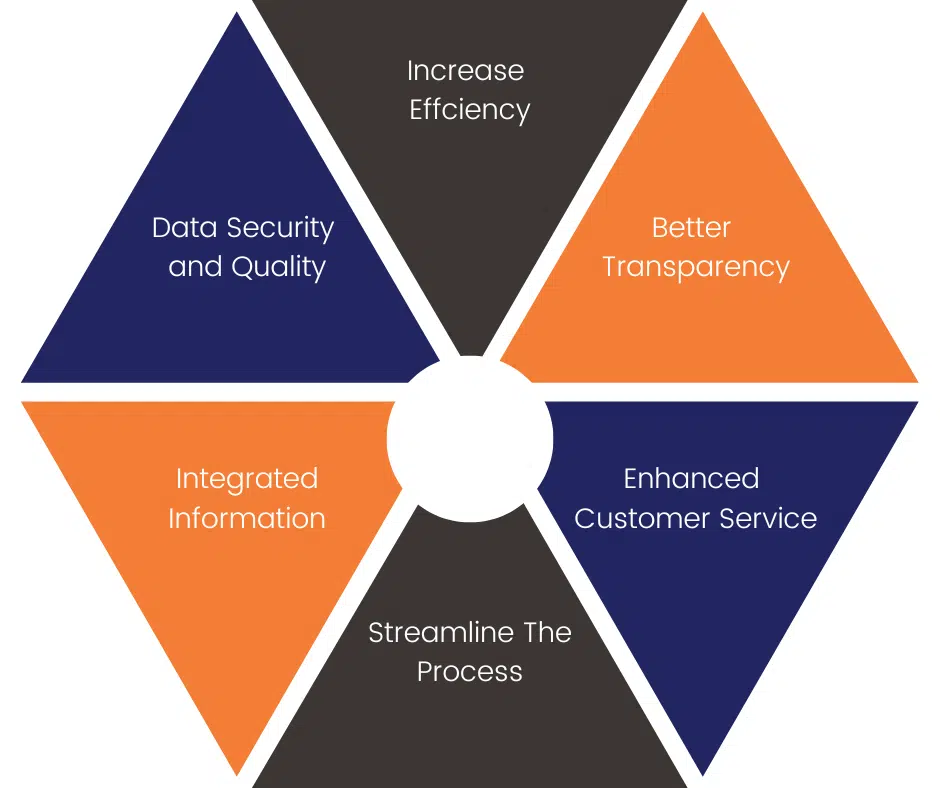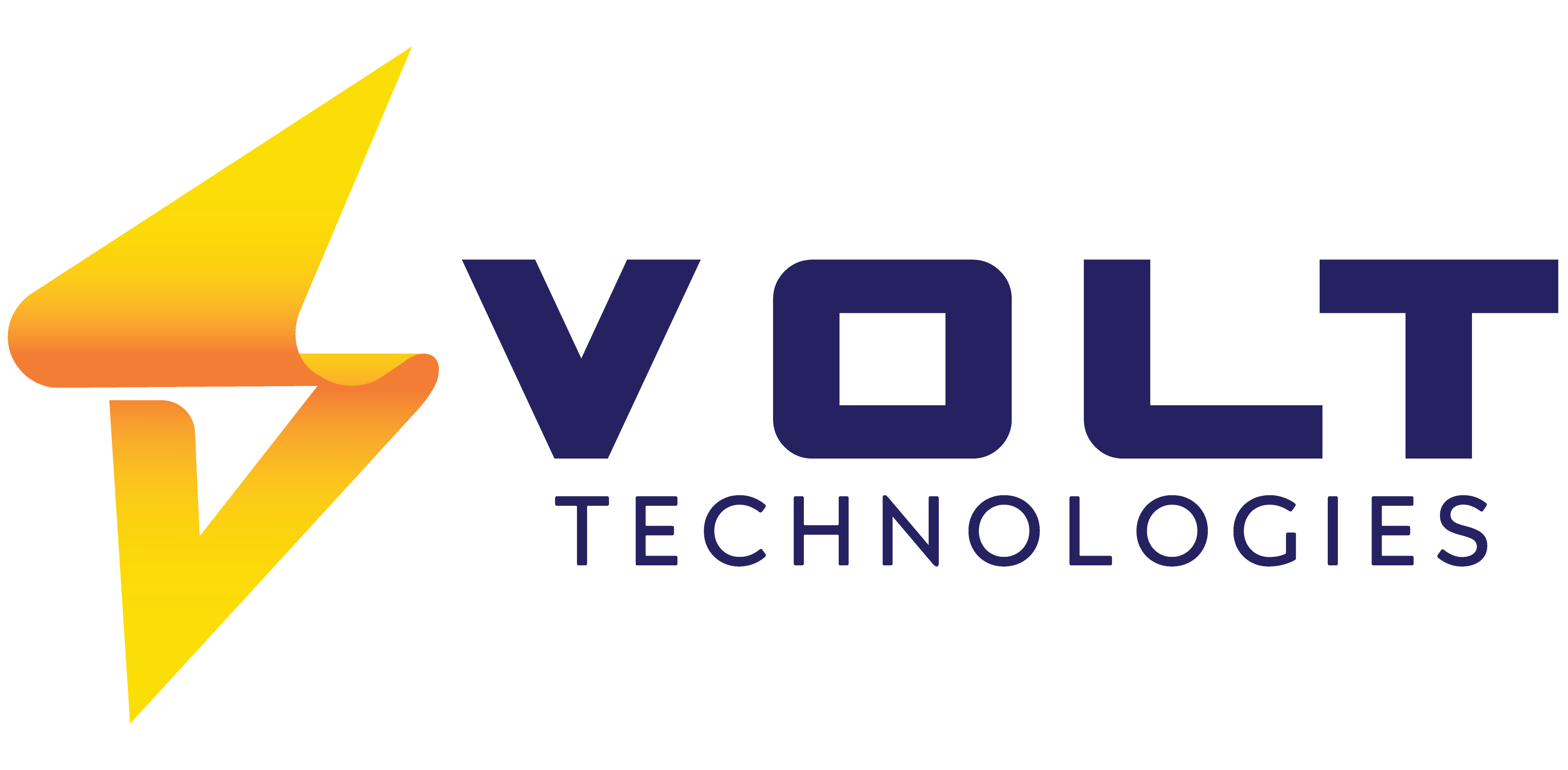Is ERP for me? A quick guide to reinventing business productivity

How do you know that your organization needs ERP software? The signs can be more subtle than you think, here are a few things to consider as your company grows.
As companies expand and their needs change, their systems should keep up. Here we’ll define what an ERP is and why it’s smart to have software in place that keeps up with your business needs.
First, what is enterprise resource planning (ERP)?
ERP is a category of business management software. ERP solutions encompass an integrated suite of applications that manage business practices, giving you the tools to manage your business in one fluid system.
While there is no all-in-one solution software for every business process, ERP is getting better at bringing processes together. Once your systems, processes, and data are connected, you will get the insight, intelligence, acceleration, and flexibility you need to start optimizing your operations.
Related: 6 Key ERP Implementation Best Practices | 2024
How can ERP improve my business?
The right ERP will help drive optimal performance.
Our solutions employ artificial intelligence (AI) to give you access to insights that drive faster, more accurate decision-making, improving your organization’s performance in both the short and long term.
ERP accelerates operational impact.
To stand out from the competition, businesses need to make every minute count and every customer engagement shine. By connecting your systems and data you are empowering your employees to make more informed decisions, and to make those decisions more quickly, allowing them to deliver more value company-wide.
Ensure Business Agility.
Switching back and forth between fragmented, stand-alone solutions takes time and often requires duplicate data entry. This diminished productivity stifles your ability to scale and cuts into the time you could spend developing new business. Modern ERPs are built to scale easily, as well as to adapt to changing markets – giving you greater insight into any operational disruption or market change.
Now that we have reviewed the purpose and benefits of ERP, let’s dive into when it’s time to make the jump.
- The basics aren’t giving you room to grow. Perhaps you’ve been doing fine with basics, but if your current software is putting limits on your market expansion and ability to grow on a global scale, it may be time for a better ERP system that does. To keep up the pace of your growth, you’re likely considering the move to a more comprehensive business management solution. Microsoft Dynamics 365 Business Central, helps you get through administrative tasks easily to you can focus on the big picture, and your team can spend more time taking care of customers.
- Wasted time dealing with disparate systems. Right now, your employees might be the only common link between your business systems and the email, spreadsheet, and word-processing tools you use every day. This means there is time wasted flipping between apps or cutting and pasting, which can lead to data entry errors. As technology changes, you’re noticing that your disparate systems don’t work well together. You may notice that your new accounting software isn’t compatible with your old HR system, and you’re tired of wasting time and resources trying to stitch a solution together.
- Inability to meet customer expectations. If your staff and customers are mobile and your system isn’t accommodating them, it’s time to invest in one that meets the needs of everyone. If you feel like you can’t afford to invest in meeting your customer’s expectations, and you’re not willing to give your staff the tools they need to succeed, you’ll lose them to a competing business pure and simple.
We understand that change can be hard. One of the ways to combat this is to schedule a time to speak with us to answer your questions and help you put together a game plan for your next steps.
How do you know that your organization needs ERP software? The signs can be more subtle than you think, here are a few things to consider as your company grows.
As companies expand and their needs change, their systems should keep up. Here we’ll define what an ERP is and why it’s smart to have software in place that keeps up with your business needs.
First, what is enterprise resource planning (ERP)?
ERP is a category of business management software. ERP solutions encompass an integrated suite of applications that manage business practices, giving you the tools to manage your business in one fluid system.
While there is no all-in-one solution software for every business process, ERP is getting better at bringing processes together. Once your systems, processes, and data are connected, you will get the insight, intelligence, acceleration, and flexibility you need to start optimizing your operations.
Related: 6 Key ERP Implementation Best Practices | 2024
How can ERP improve my business?
The right ERP will help drive optimal performance.
Our solutions employ artificial intelligence (AI) to give you access to insights that drive faster, more accurate decision-making, improving your organization’s performance in both the short and long term.
ERP accelerates operational impact.
To stand out from the competition, businesses need to make every minute count and every customer engagement shine. By connecting your systems and data you are empowering your employees to make more informed decisions, and to make those decisions more quickly, allowing them to deliver more value company-wide.
Ensure Business Agility.
Switching back and forth between fragmented, stand-alone solutions takes time and often requires duplicate data entry. This diminished productivity stifles your ability to scale and cuts into the time you could spend developing new business. Modern ERPs are built to scale easily, as well as to adapt to changing markets – giving you greater insight into any operational disruption or market change.
Now that we have reviewed the purpose and benefits of ERP, let’s dive into when it’s time to make the jump.
- The basics aren’t giving you room to grow. Perhaps you’ve been doing fine with basics, but if your current software is putting limits on your market expansion and ability to grow on a global scale, it may be time for a better ERP system that does. To keep up the pace of your growth, you’re likely considering the move to a more comprehensive business management solution. Microsoft Dynamics 365 Business Central, helps you get through administrative tasks easily to you can focus on the big picture, and your team can spend more time taking care of customers.
- Wasted time dealing with disparate systems. Right now, your employees might be the only common link between your business systems and the email, spreadsheet, and word-processing tools you use every day. This means there is time wasted flipping between apps or cutting and pasting, which can lead to data entry errors. As technology changes, you’re noticing that your disparate systems don’t work well together. You may notice that your new accounting software isn’t compatible with your old HR system, and you’re tired of wasting time and resources trying to stitch a solution together.
- Inability to meet customer expectations. If your staff and customers are mobile and your system isn’t accommodating them, it’s time to invest in one that meets the needs of everyone. If you feel like you can’t afford to invest in meeting your customer’s expectations, and you’re not willing to give your staff the tools they need to succeed, you’ll lose them to a competing business pure and simple.
Related: ERP Implementation Success: The Role of a Project Manager in Driving Change
We understand that change can be hard. One of the ways to combat this is to schedule a time to speak with us to answer your questions and help you put together a game plan for your next steps.
ERP Benefits


